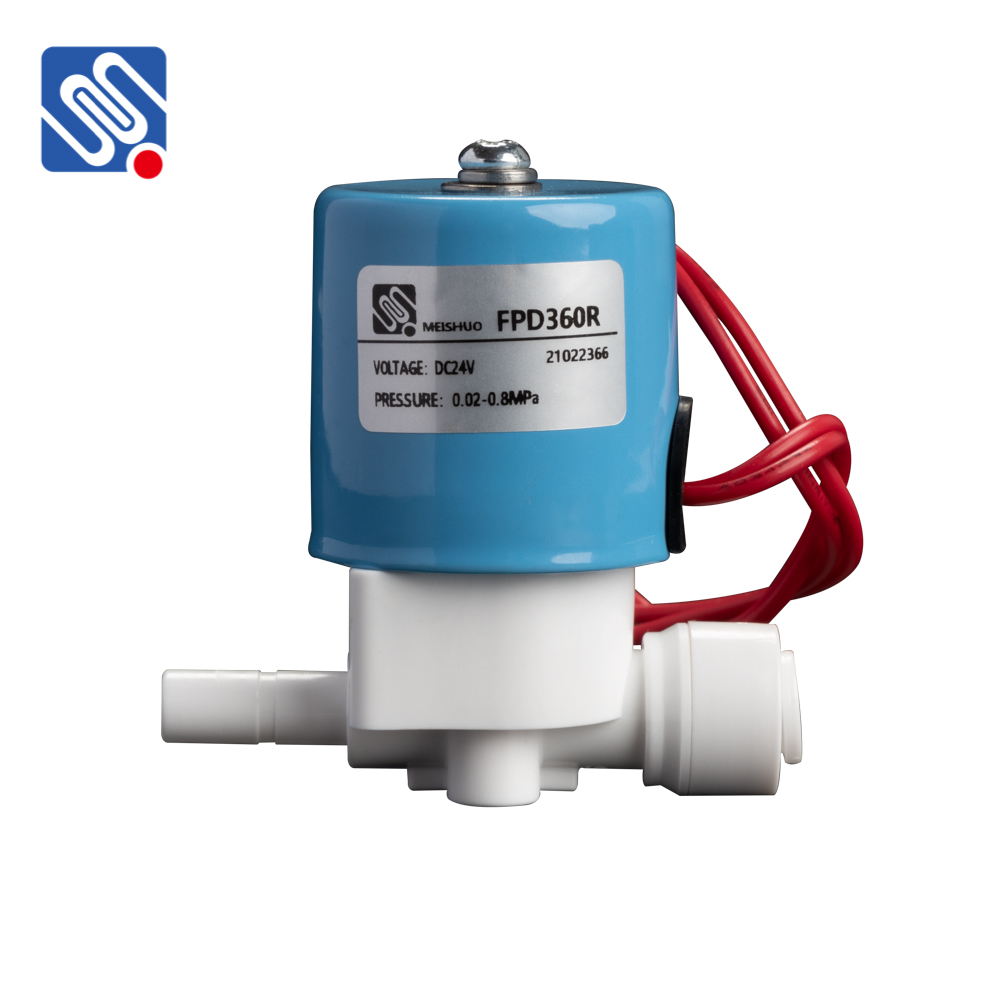understanding the rohs compliant solenoid valve: features, benefits, and applications
Release time:2025-04-21 17:24:49
A RoHS Compliant Solenoid Valve is an essential component in various industries, offering a reliable means of controlling the flow of fluids or gases in a system. The RoHS (Restriction of Hazardous Substances) directive plays a vital role in ensuring that electronic and electrical equipment, including solenoid valves, are free from harmful substances. This article will explore the concept of RoHS compliance, its importance, the features of RoHS compliant solenoid valves, and their applications across different sectors.

What is RoHS Compliance?
RoHS is a European Union directive that restricts the use of certain hazardous materials in electrical and electronic products. These materials include lead, mercury, cadmium, hexavalent chromium, and specific flame retardants such as polybrominated biphenyls (PBB) and polybrominated diphenyl ethers (PBDE). RoHS compliance ensures that these substances are not present in products, safeguarding both environmental health and human safety.
A RoHS compliant solenoid valve meets these standards, ensuring that it does not contain any restricted substances above the allowable limits. This compliance is crucial for manufacturers and consumers alike, as it ensures that products are safe to use and have a reduced environmental impact.


